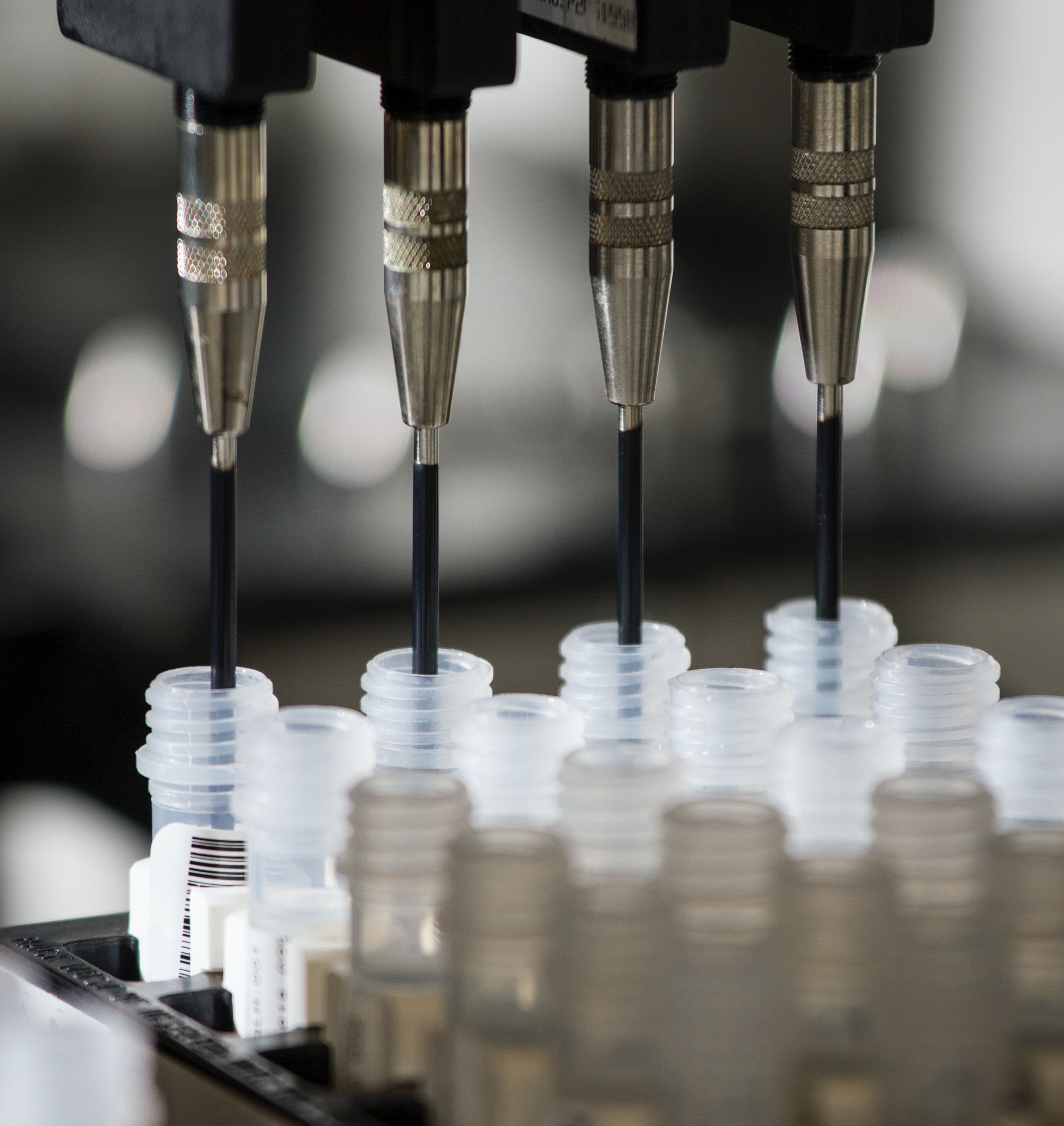Our Approach
Microbes have long been recognized as a rich source of valuable natural compounds, but to date, most efforts have focused on bacterial genomes, which are generally smaller and less complex than those of fungi. However, the cost of cloud based computational power and DNA sequencing have both declined to a point where large-scale genome mining projects can be executed for a fraction of the costs that would have been required only several years ago. As such, the genomes of fungi, which remain largely unexplored, can now be cost effectively analyzed in a systematic manner. A number of entities have recognized this opportunity, but they face a critical barrier of gaining access to physical samples of the fungi. Relatively few libraries of viable fungal strains are publicly accessible, and the collection of new samples is costly, time consuming, and often hampered by logistical challenges relating to habitat access and export of samples. Therein lies Clue’s competitive advantage; the Company owns one of the largest privately held collections of fungi on the planet. This extensive collection of fungi was assembled prior to the 1993 Convention on Biological Diversity and comprises more than 50,000 diverse strains from unique ecosystems around the globe. The library is well catalogued and maintained in controlled conditions, such that individual strains can be readily cultured and analyzed. Most importantly, prior drug-discovery work spanning more than two decades has identified a range of strains within the collection which produce natural products that are promising candidate actives for various indications including cancer and antibiosis.
Clue has embarked on an ambitious AI-driven project to sequence and characterize the genomes of all 50,000+ strains in its fungal collection. We have developed proprietary sequencing and bioinformatic approaches to identify the sets of genes that encode for the biosynthesis of valuable natural products and enzymes. This information comprises the Company’s unique intellectual property platform and provides the foundation for growth of our business. We are pursuing a two-pronged approach to discover and/or develop new products. (i) In cases where a fungal strain is already known to produce a candidate active molecule, the active is often difficult to product synthetically and/or is produced by its native producer strain at too low of a level to be advanced into drug trials. In these instances, through a combination of bioinformatics and analytical chemistry, we identify biosynthesis genes from the native fungus and introduce them into an established fermentation microbe such as yeast or Aspergillus so that the natural product can be made at scale. (ii) We are identifying novel biosynthesis genes that encode for previously unrecognized and/or uncharacterized natural products and working with third parties to introduce these into fermentation microbes to produce extensive libraries which can be screened to identify new product active ingredients for a wide variety of applications.
For more information:
contact@cluegen.com